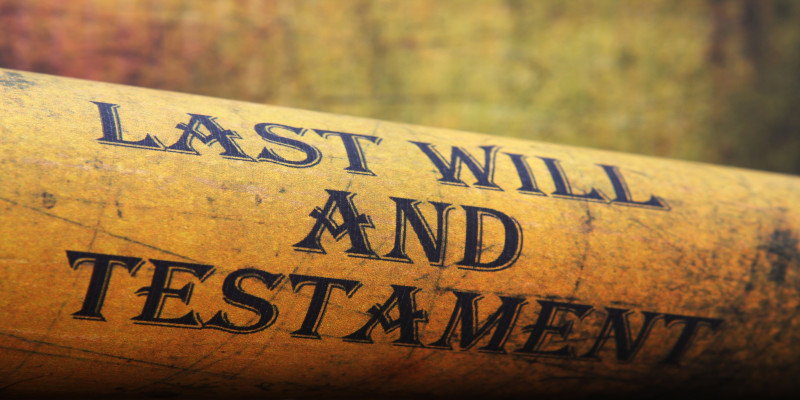
There is a presumption under Texas law that if the decedent’s original will cannot be found or produced, the will is void or revoked. In other words, even if you have a copy of the will, the probate court will still treat it as if there was no will at all. There is now a burden placed on the proponent of the will copy to prove the original will has not been revoked.
A party needing to probate a copy of an original lost will must proceed under Section 256.156 of the Texas Estates Code, which provides the requirements for proving a written will that cannot be produced in court. See In re Estate of Capps, 154 S.W.3d 242, 244 (Tex.App.-Texarkana 2005, no pet.). Section 256.156 of the Texas Estates Code provides that “A will that cannot be produced in court must be proved in the same manner as provided in Section 256.153 for an attested will or Section 256.154 for a holographic will, as applicable.” Holographic wills are wills made in the decedent’s handwriting that do not follow the regulations required for wills under Texas law.
Copies of wills or holographic wills can be more difficult to prove. In the case of a copy, the copy of the will is used as evidence to probate the lost will. Typically, witnesses and sworn testimony regarding the decedent and the drafting of the will are necessary. It is most helpful to find one of the original witnesses to the will who does not stand to gain any interest from the will probate. Not all contents of the will necessarily need to be established; however, it is necessary to establish the material contents of the will to some degree of certainty to pass title to any property devised in the will. Cason v. Taylor, 51 S.W.3d 397, 409 (Tex.App.-Waco 2001, no pet.) (citing Harris v. Robbins, 302 S.W.2d 225, 229 (Tex.Civ.App.-Amarillo 1957, no writ)). If the court is left in any confusion regarding the provisions of the will or how to properly vest title to the property involved, the requirements for substantial proof of the material contents of the will cannot be satisfied. Id.
This process can become very difficult and time consuming for all involved. This is even more true if there is any contest to the will that may require litigation. If the execution or contents of the will cannot be agreed upon and proven significantly, the lost or destroyed will, in all likelihood, will not be admitted to probate and the result will be that the decedent died without a will. This is true even if, for all intents and purposes, the decedent actually executed a valid will.
It is, of course, possible to submit a copy of a will to a Texas probate court but there is no guarantee that the judge will accept it. If you have lost a family member and find yourself needing to probate a copy of a will, it is important to exhaust all efforts to locate the original will. In many cases, this means looking in strange places like old desk drawers or shoeboxes on high shelves in closets. If it is not possible to find an original will, it is important to contact an experienced probate lawyer to assist in probating a copy. There is a high likelihood of success when no heirs are expected to object to probating the will copy.
All information provided on Silblawfirm.com (hereinafter "website") is provided for informational purposes only and is not intended to be used for legal advice. Users of this website should not take any actions or refrain from taking any actions based upon content or information on this website. Users of this site should contact a licensed Texas attorney for a full and complete review of their legal issues.
